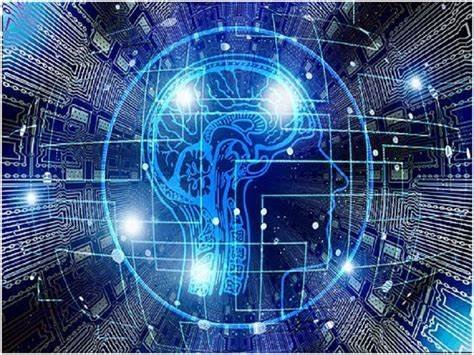Recently, I engaged in a conversation with a colleague contemplating a full transition into the tech space. According to him, it's the current trend, with everyone making substantial profits from technology. As I listened, I couldn't help but reflect on the societal trajectory we are on.
While we all desire an easy life with financial success, we also fear that technology might strip away our means of livelihood. It dawned on me that life has always been about give and take; you can't have your cake and eat it too. The more we embrace a technology-driven society, the higher global unemployment rates become.
As our conversation unfolded, I posed a crucial question to my colleague. If everyone becomes a technologist or programmer, who will provide non-GMO health food, healthcare, or dry cleaning services—especially in our third-world context? His response, suggesting that things would somehow fall into place, left me uneasy. I emphasized that we can't all be web designers or programmers and urged us to face this reality.
The obsession with a technology-driven world shouldn't overshadow the basics of living. Our pursuit of wealth and comfort often blinds us to the gradual erosion of essential elements. Technological advancement correlates with environmental damage, rising unemployment, increased hospitalizations, homelessness, and strain on the economy.
You might question how this strains the economy. When machines replace human labor, who pays taxes? Laborers not only contribute to production taxes but also pay income tax, providing more revenue to the treasury. While machines enhance efficiency, it's crucial to remember that they are products of human ideas and experiments.
In the current age of technological advancement, people are becoming complacent. They no longer want to think for themselves or work independently, opting for perceived smarter alternatives. Basic knowledge that was once common is now extinct.
In today's world, you can approach an adult with a simple question, only to find them unable to provide a satisfying answer without consulting their AI. While technology has its merits, excessive reliance has made us slaves to our own creation, with machines surpassing a significant portion of the global population in intelligence.
Call me a conspiracy theorist, but I believe this craze is fueled by influential people who control the world order. Keeping people docile serves their interests because an enlightened, self-aware population would question the status quo.
The mantra of "work smarter, not harder" echoes everywhere, but we risk losing sight of why it's called "work" in the first place—a mental or physical effort to achieve a purpose or result. If we remove the physical effort, it no longer embodies the essence of work.
I invite you to share your thoughts on the impact of technology—whether it has been a blessing or a curse to the world. Your comments are welcome below.
Posted with proof of brain
